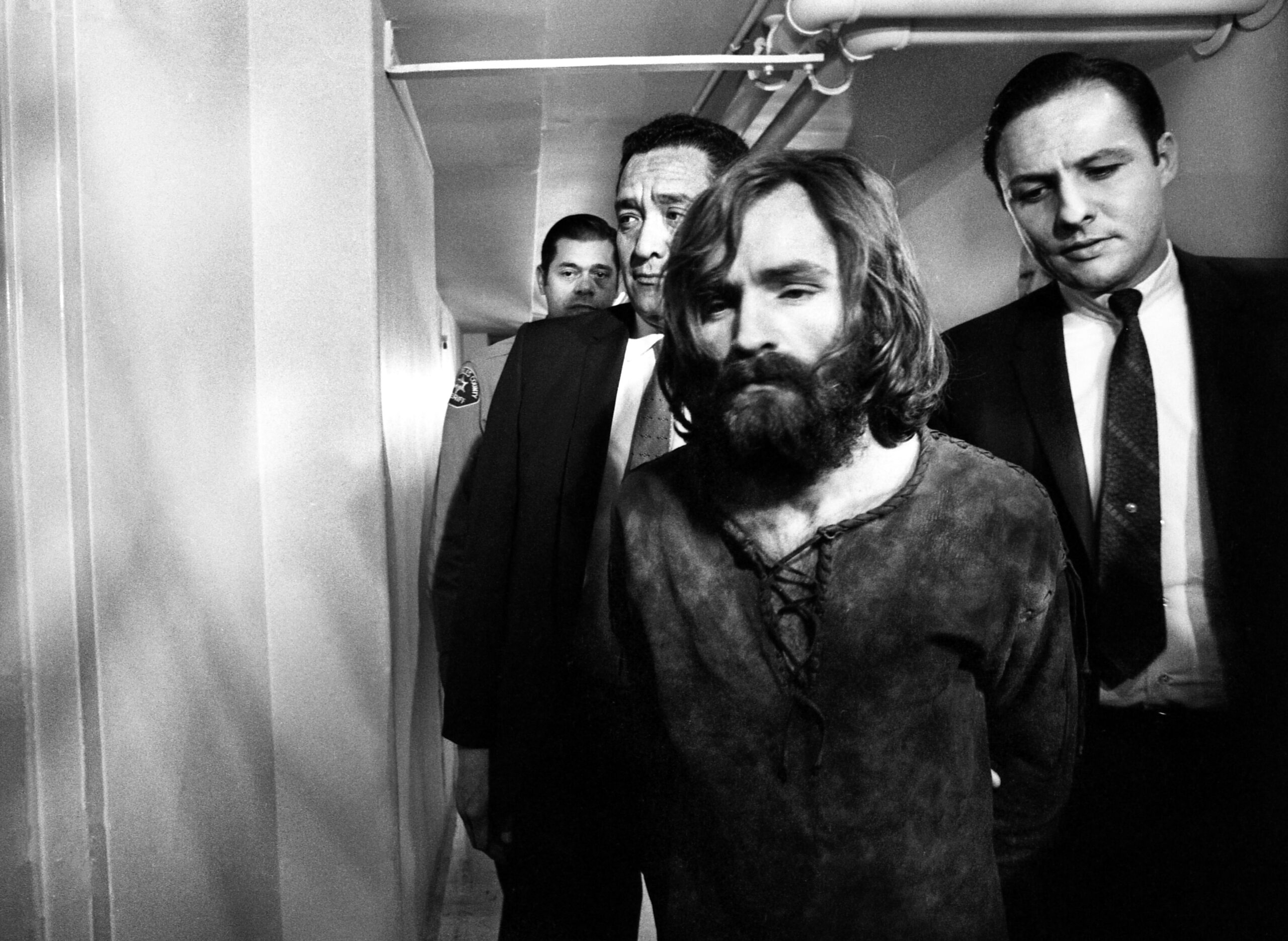Celebritiy
Netflix Documentary Explores Unofficial Narratives of Charles Manson Murders

Netflix is set to unveil a groundbreaking documentary that delves into the complex narratives behind the notorious Manson murder cases, titled “Chaos: The Manson Murders.” Scheduled for release on March 7, the film examines the roles of various factors including the CIA, LSD, and legal figures involved in the notorious 1969 killings.
The brutal trial of Charles Manson and three of his followers captivated the world, culminating in a conviction for the murder of seven individuals, including the pregnant actress Sharon Tate, on January 26, 1971. For the first time in a long while, Americans felt a renewed sense of safety in their homes. But what if the widely accepted story surrounding the Manson family murders is fundamentally flawed?
Producers Robert Fernandez and Steven Hathaway pose the thought-provoking question, “How did Charles Manson manage to command his followers to kill without hesitation or remorse?” Their documentary draws inspiration from the book “Chaos: Charles Manson, the CIA, and the Secret History of the Sixties” authored by Tom O’Neill and Dan Piepenbring.
In an effort to uncover new perspectives, Fernandez and Hathaway engaged directly with individuals closely tied to the story. “We began to ask questions, and what emerged was a collection of theories, ideas, and unsettling possibilities,” they revealed.
The documentary also offers a closer examination of Manson’s evolution as a musician. Born to a teenage mother, Manson spent significant time in reform schools and prisons, where he learned to play the guitar. In the late 1960s, he arrived in Southern California with aspirations of securing a recording contract. Despite not being a terrible musician, Manson’s dreams were dashed, which the filmmakers suggest might have contributed to his subsequent violent actions.
Notably, Mike Love of The Beach Boys, whose bandmate Dennis Wilson had a friendship with Manson, believed that Manson’s rage from being spurned by the music industry fueled his violent rampage. In his memoir, “Good Vibrations,” Love reflects on how Manson became consumed with thoughts of revenge against a corrupt society, enlisting his followers in a misguided belief that an apocalypse was imminent.
The fascination surrounding the Manson murders has endured since 1969, with investigations continuing even years later, such as a search in 2008 near the California ranch where Manson and his followers once resided.
As Fernandez and Hathaway note, “America has been intrigued by these murders since their occurrence. It felt timely to reexamine what truly happened for a new generation.” The documentary aims to shed light on the lesser-known narratives while remaining respectful to the gravity of the events that transpired.
